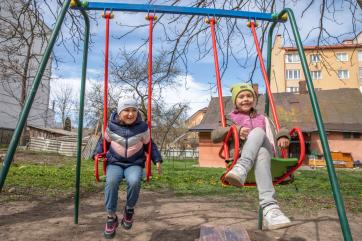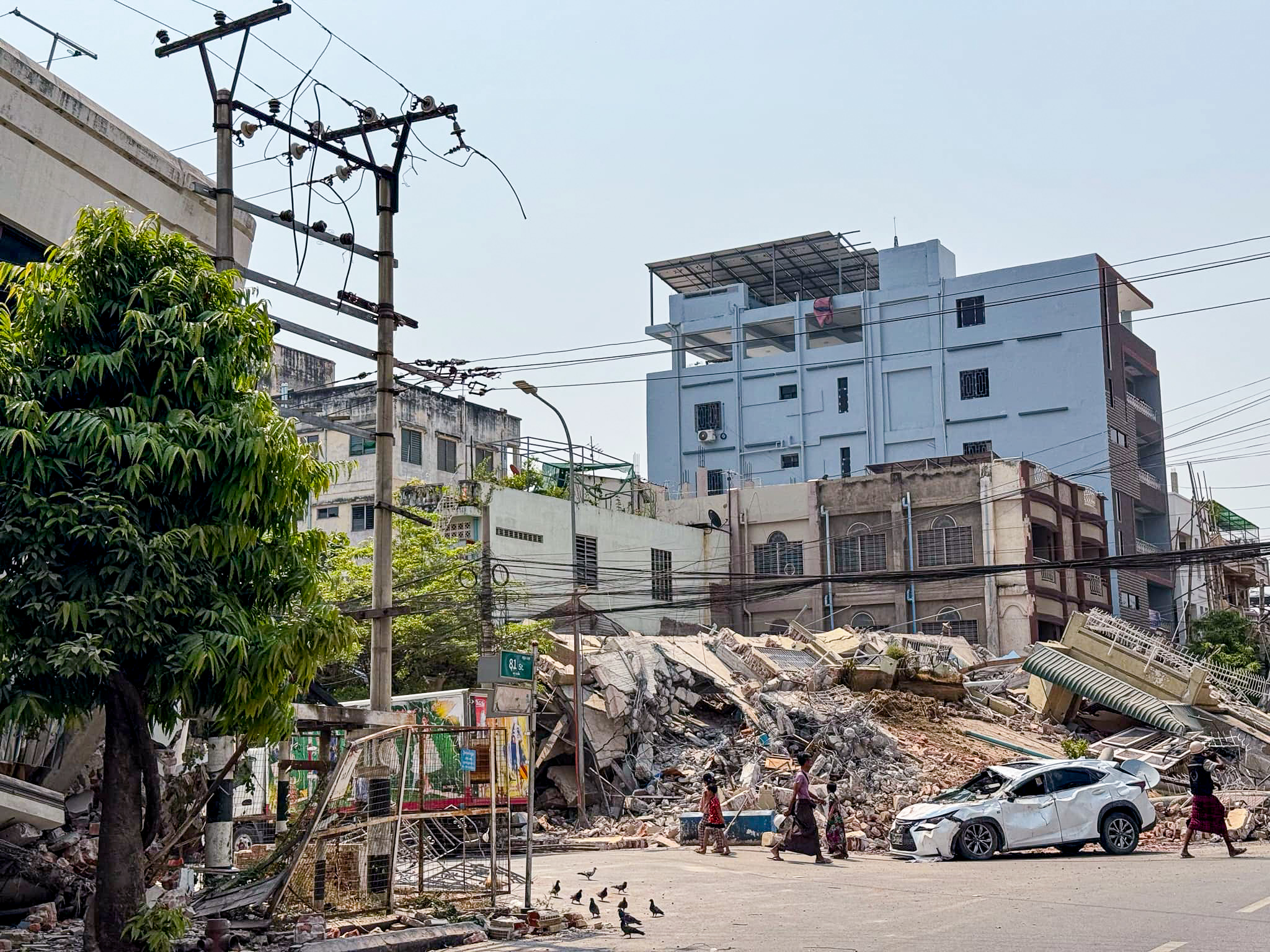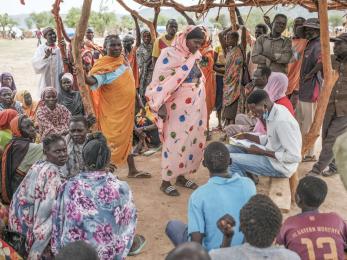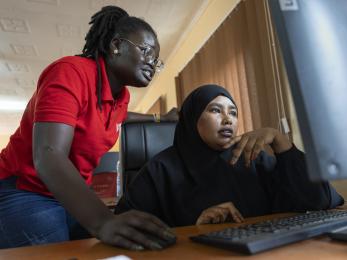Mental health wellness helps communities recover and thrive

In recent years, millions of Venezuelans have made the tough decision to leave their homes to build lives in other countries. An economic collapse and political instability has driven almost 2.5 million Venezuelans to flee their homes to Colombia, where many struggle with adjusting to their new surroundings and finding sustainable livelihoods. In Mercy Corps Colombia, we work with Venezuelans as part of our Avanzando El Futuro (Advancing the Future) program. While the program helps Venezuelans to build livelihoods, access healthcare and legal services, and more—we’ve also prioritized mental health as one of the essential services for participants to cope and thrive.
When people have lived through situations of conflict, violence, and displacement, it is very difficult to heal that pain if, in addition to that, people also feel alone. Migration grief, from having fled one’s home, affects many participants. Avanzando El Futuro hosts ConVos groups, where people with similar backgrounds and interests—parents, women, people who are LGBTQ—gather to share stories and begin to weave a new perspective of life together. By listening to each other, the participants build their own support networks in their new homes.
The ConVos groups also participate in workshops guided by trained staff from Mercy Corps or partner organizations. The workshops range from helping participants to strengthen their self-confidence to sharing resources for self-care and care of others. For participants who may need more in-depth mental health support, we connect them to organizations who can meet their needs. While Avanzando El Futuro is focused on supporting participant livelihoods, we understand that if someone isn’t doing well emotionally, it’s difficult to wake up every morning and run your small business or look for a job. Mental health support is vital to creating sustainable livelihoods.

Across the world, Mercy Corps programs are supporting the mental health wellness of the communities we work with. As people fled war in Ukraine, families who had been displaced were connected to safe spaces where their children could play, learn, and process their experiences with art therapy. In Palestine, we provided assistance to a woman-led startup as they created the first app to offer accessible and affordable access to mental wellness practice in Arabic. In the midst of the COVID-19 pandemic, Mercy Corps Lebanon launched a mental health awareness campaign to help people cope with isolation and build community.


I’ve heard from participants how mental health support helped to alleviate fear and build self confidence. It was a “wow moment” for me to witness participants feeling that they could speak up for themselves—that they were believing in themselves. When people have access to mental health services, they are better positioned to build a path forward for themselves, their families, and their communities.



